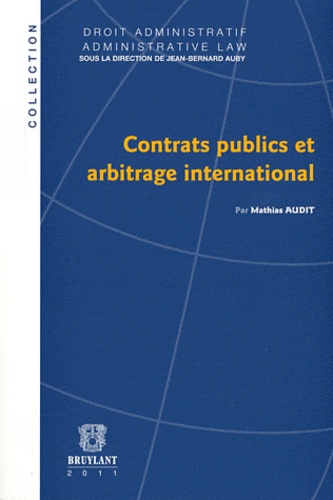Article IV, Paragraph 2 of the New York Convention on Arbitration
Confirming Switzerland’s reputation as an arbitration-friendly forum, the Swiss Supreme Court has recently opted for a flexible and pragmatic interpretation of the New York Convention, admitting that in certain circumstances, a party seeking enforcement in Switzerland of an award issued in English may be exempt from producing a certified comprehensive translation of the entire arbitral award into one of the Swiss national languages.
Facts
A party initiated recognition and enforcement proceedings for an International Chamber of Commerce commercial arbitral award before the cantonal court in Switzerland. The party filed a certified German translation of the dispositive part of the award, together with a non-certified German translation of the cost section, but filed no comprehensive German translation of the award.
The cantonal court held that it had sufficient knowledge of English not to request a full translation of the award, especially since a German translation of the decision on costs, which constituted the subject matter of the dispute, had been produced. It thus dismissed any objection to enforcement. The cantonal court granted recognition and enforcement of the award.
The cantonal court’s decision was challenged before the Supreme Court on the ground of infringement of the mandatory requirements of Article IV, Paragraph 2. The challenging party further contended that the examination of its public policy-based objection to enforcement (Article V, Paragraph 2(b)) required careful consideration of the entire award, which implied a full translation thereof.
Decision
The Supreme Court dismissed the challenge and considered that the partial translation produced by the requesting party was sufficient to comply with the formal requirements of Article IV, Paragraph 2.
The Supreme Court noted the lack of uniform judicial practice in Europe, as well as the absence of a clear converging scholarly view in favour of either a strict application of Article IV, Paragraph 2, or a more pragmatic approach to the issue.
Considering that the purpose of the New York Convention is to facilitate the recognition and enforcement of foreign arbitral awards, the Supreme Court held that it ought to be applied and construed in an enforcement-friendly manner, following a pragmatic, flexible and non-formalistic approach, including with respect to the formalistic requirements set forth in Article IV, Paragraph 2.
Source: http://www.internationallawoffice.com

 A new
A new